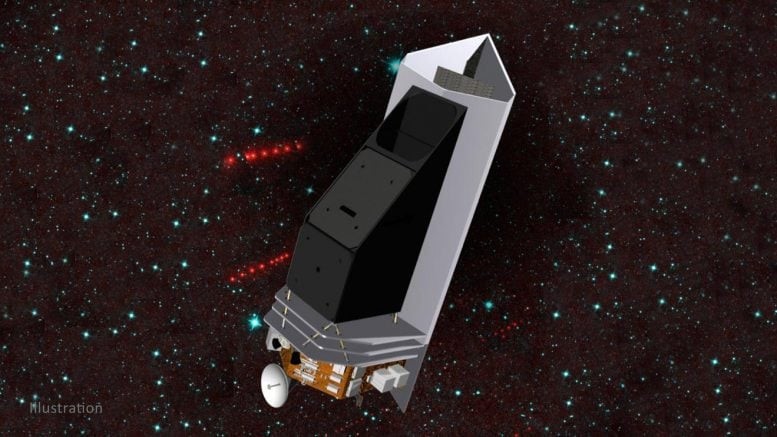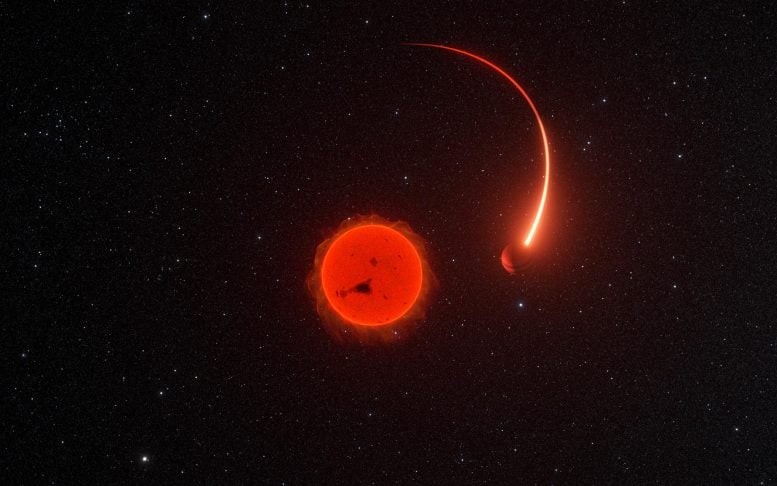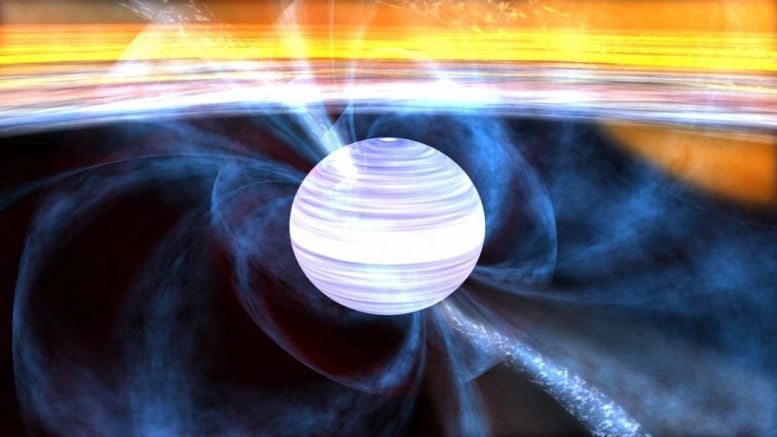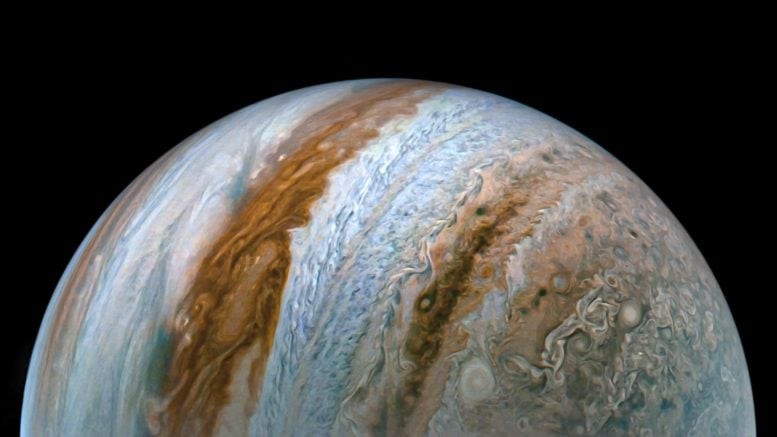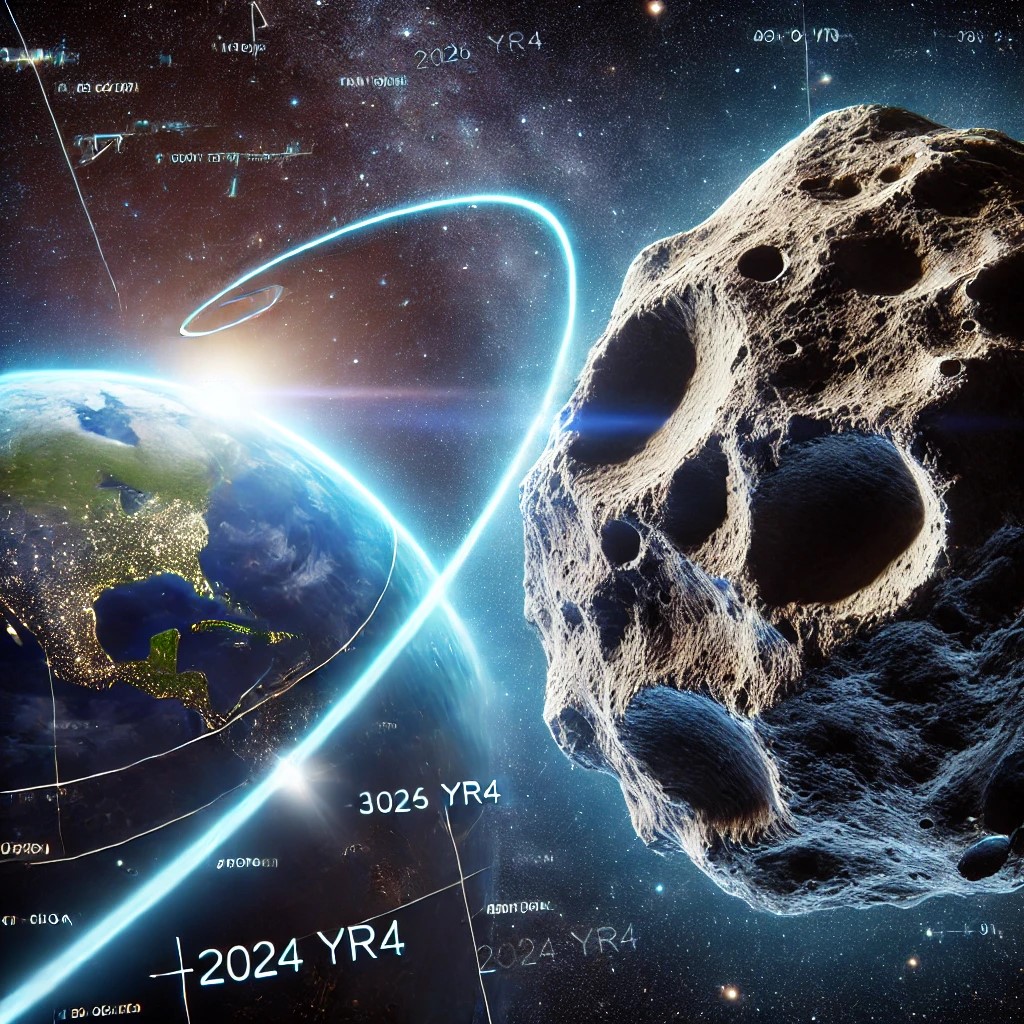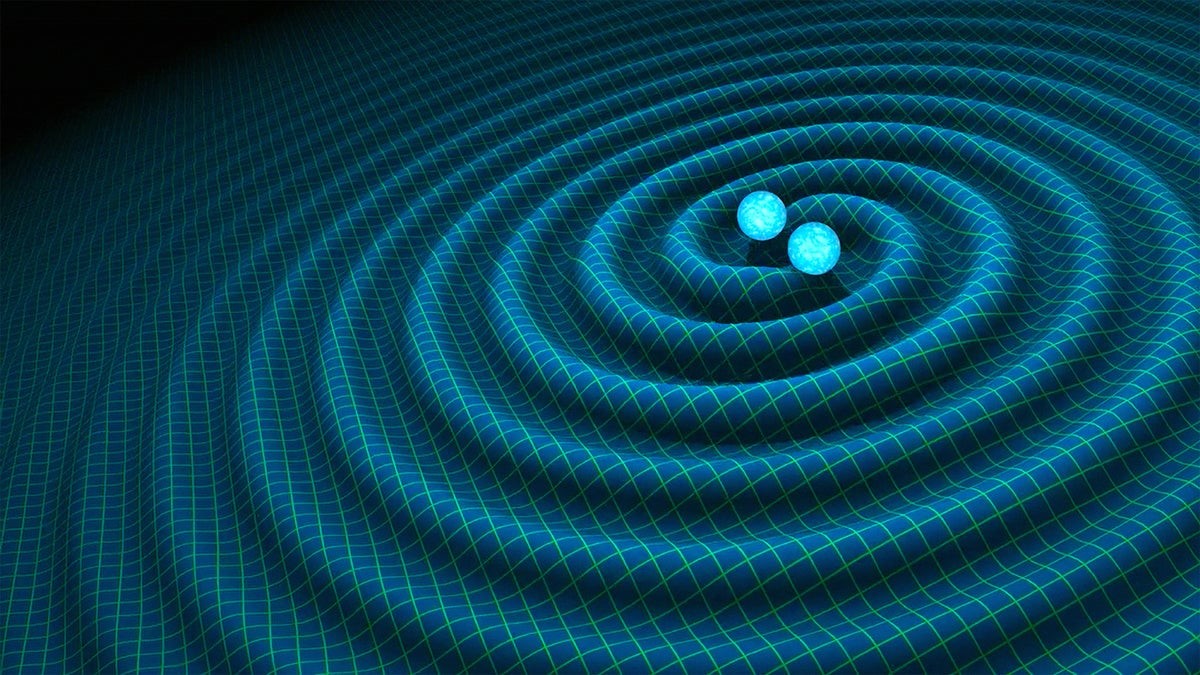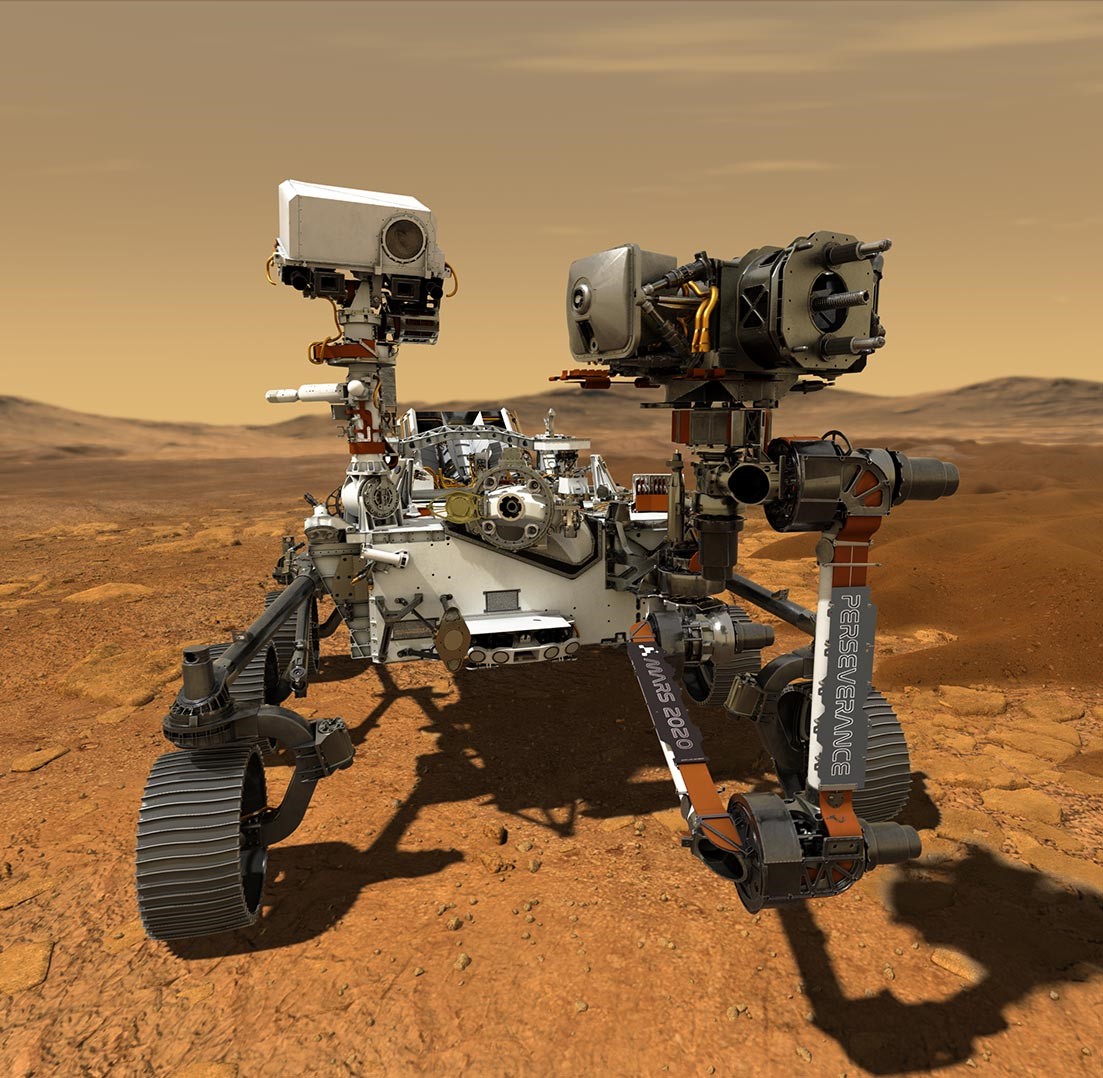A Compass Functions Differently in Space, Varying Significantly from One Planet to Another
For centuries, explorers have relied on compasses to navigate Earth's land and oceans, guided by the planet’s global magnetic field.
But what happens when a compass is taken beyond Earth—into orbit, to the Moon, other planets, or even beyond the solar system? Would it still point north, or would it spin unpredictably without a dominant magnetic field? The answer varies depending on your location in the cosmos and the surrounding magnetic influences.
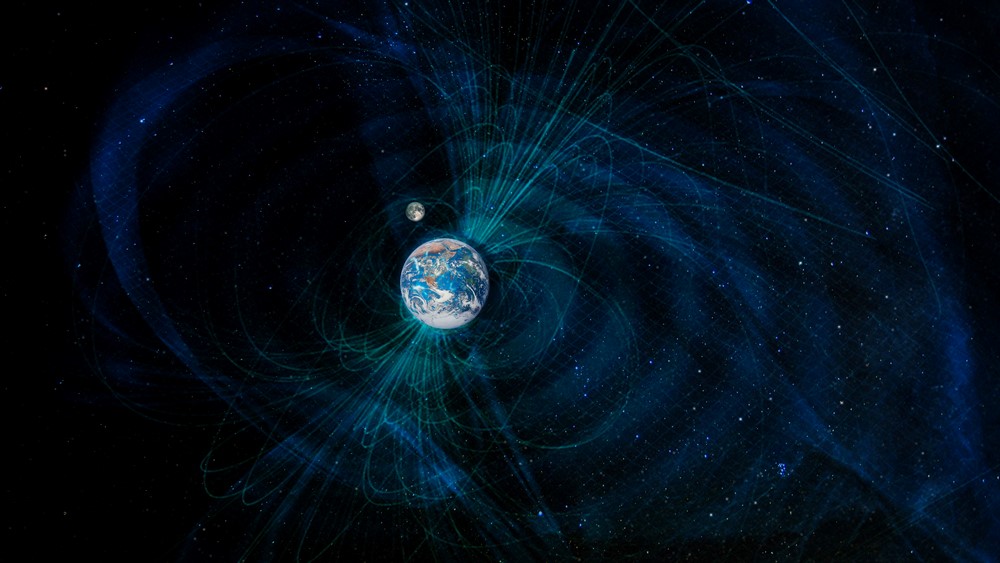
Figure 1.Compass Behaves Differently Across Space and Various Planets.
On Earth, a compass needle aligns with the planet’s geomagnetic field, created by the movement of molten iron in the outer core. This strong, bullet-shaped magnetic field extends well beyond Earth's surface. However, as you travel deeper into space, a compass's behavior can shift significantly. Figure 1 shows Compass Behaves Differently Across Space and Various Planets.
A Compass in Earth's Orbit
Earth’s magnetic field, known as the magnetosphere, extends thousands of miles into space. However, in low Earth orbit (LEO)—where the International Space Station (ISS) orbits at roughly 250 miles above the surface—this magnetic field remains nearly as strong as it is on the ground.
As a result, a compass in orbit would still function, aligning with Earth's magnetic north, provided there are no strong magnets nearby interfering with it.
However, disturbances from the Sun, such as coronal mass ejections (CMEs) and powerful geomagnetic storms, can interact with Earth’s magnetosphere, causing fluctuations that impact a compass’s accuracy [1]. These effects become more pronounced at greater distances from Earth, making a compass in orbit unreliable for precise navigation.
Does a Compass Work on the Moon?
Unlike Earth, the Moon no longer has a global magnetic field, meaning a traditional compass would not function there. However, the Moon is not entirely devoid of magnetism. Some lunar rocks exhibit remanent magnetism, retaining traces of a once-strong magnetic field from billions of years ago.
Scientists believe that, billions of years ago, the Moon had a magnetic field comparable in strength to Earth’s, generated by a now-extinct molten core dynamo. According to NASA, this ancient field may have even connected with Earth’s, forming a shared magnetosphere that shielded both celestial bodies from solar wind and geomagnetic storms.
Today, without a global magnetic field, a compass on the Moon would be useless.
A Compass on Different Planets
Magnetic fields vary across the solar system, causing compasses to behave differently on each planet.
Mercury
Mercury possesses a weak but detectable global magnetic field, only about 1% as strong as Earth's. A compass on Mercury would align with this field, but the needle would move sluggishly and could be easily influenced by solar wind and the Sun’s powerful magnetic field.
Venus
Venus lacks an internally generated global magnetic field, making a compass just as useless there as on the Moon. However, if localized regions of magnetized crust exist—though no strong evidence has been found—a compass might behave unpredictably in those areas.
Mars
Mars no longer has a global magnetic field, but it did around 3.5 billion years ago. Some regions of its crust still retain remnants of that ancient field. In these areas, a compass might show some reaction, but it wouldn’t function reliably for navigation.
Jupiter
Gas and ice giants have incredibly strong magnetic fields, far more powerful than Earth’s. Jupiter, for example, has a magnetosphere about 20,000 times stronger than Earth's. A compass in Jupiter’s vicinity would be overwhelmed by this immense and complex field, rendering it ineffective.
Saturn
Saturn’s magnetic field is almost perfectly aligned with its rotational axis. As a result, a compass on the ringed planet might function more consistently than on other gas giants.
Uranus and Neptune
The magnetic fields of Uranus and Neptune are highly irregular, being both multipolar and dramatically tilted relative to their rotation. Consequently, a compass on either of these ice giants would behave unpredictably and erratically.
A Compass Beyond the Solar System
As one approaches the heliopause—the boundary where the Sun’s magnetic field fades into the interstellar medium—a compass would primarily respond to the Milky Way’s magnetic field [2] . However, these interstellar magnetic fields are incredibly weak.
Within the galactic magnetic field of the Milky Way, the force is so faint that a standard compass would be virtually useless. While a traditional compass would serve no practical purpose in deep space, galactic magnetic fields still play a crucial role in shaping cosmic structures like nebulae and influencing high-energy particles throughout the universe.
Navigating the Cosmos
For human and robotic explorers venturing beyond Earth, far more sophisticated tools have replaced the simple compass. Space agencies rely on advanced navigation systems such as GPS, star trackers, and onboard magnetometers to ensure precise travel through space.
Still, considering how a compass would behave in distant environments offers a fascinating perspective on the unseen forces that shape our universe.
Reference:
- https://www.discovermagazine.com/the-sciences/a-compass-works-differently-in-space-varying-widely-from-planet-to-planet
- https://www.quora.com/How-does-a-compass-work-in-outer-space-or-on-other-planets-like-Mars-or-Jupiter-Would-it-still-function-normally-or-not-If-not-why-and-how-would-it-be-affected
Cite this article:
Keerthana S (2025),A Compass Functions Differently in Space, Varying Significantly from One Planet to Another,AnaTechMaz.pp.238





